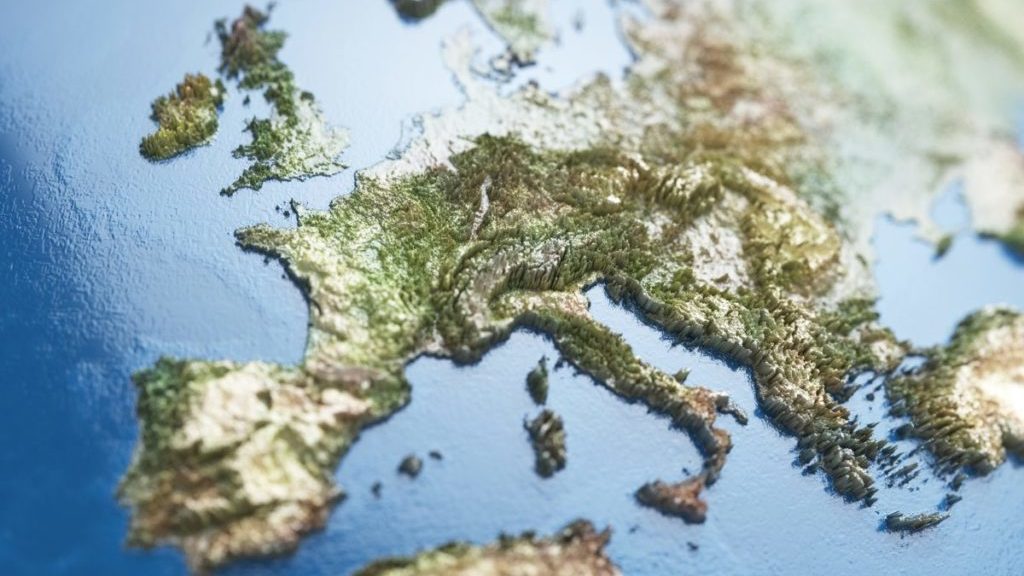
The main hemp industry body in Europe has received a green light from its members to move forward with “unprecedented” studies on cannabidiol and THC as part of a joint novel food authorization application.
An “overwhelming majority” of European Industrial Hemp Association members voted on Monday in favor of “the principles of the special contribution structure” for the group’s joint application for novel food authorization.
EIHA members agreed last year to submit a joint novel foods application with “a range of CBD extracts” to UK and EU authorities, and the association revealed the anticipated scope and costs associated with the joint application last month.
The anticipated cost of the joint application project is going up. EIHA projected that around €3.5 million ($3.9 million) will be invested over the next two to three years in “unprecedented studies” on the toxicology of CBD and THC.
The EIHA previously estimated the cost for the lab analysis of CBD and THC at €1.8 million ($2 million).
“We only stand a chance if we jointly bear the exorbitant costs for the necessary toxicological studies and the long procedure ahead of us,” EIHA President Daniel Kruse said in the statement. “This would not be affordable for a single hemp company.”
He added that after various applications are submitted, “all members of EIHA will then benefit equally.”
It remains unclear which hemp-derived products or CBD formulations will be included in the EIHA novel food applications, which will be filed separately to the U.K.’s Food Standards Authority and the European Food Safety Authority.
The industry association has not yet responded to a request for more information.
EU authorities decided last year to classify all hemp extracts and hemp-derived products containing CBD and other cannabinoids as “novel foods.”
The EIHA has bristled against the designation, which means that manufacturers need to have their CBD supplements and foods evaluated before getting permission from EU authorities to place them on the market.
The association argues that leaves, flowers and extracts from industrial hemp containing naturally-occurring levels of cannabinoids are traditional foods and do not fall under the scope of the EU Novel Food Regulation.
U.K. authorities have set a deadline of next March for CBD sellers to gather data on their products and have their novel food applications validated by EU authorities.


